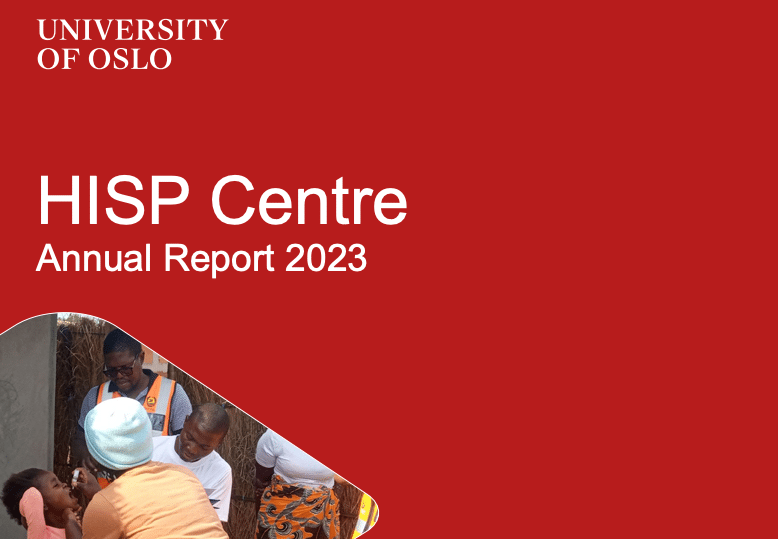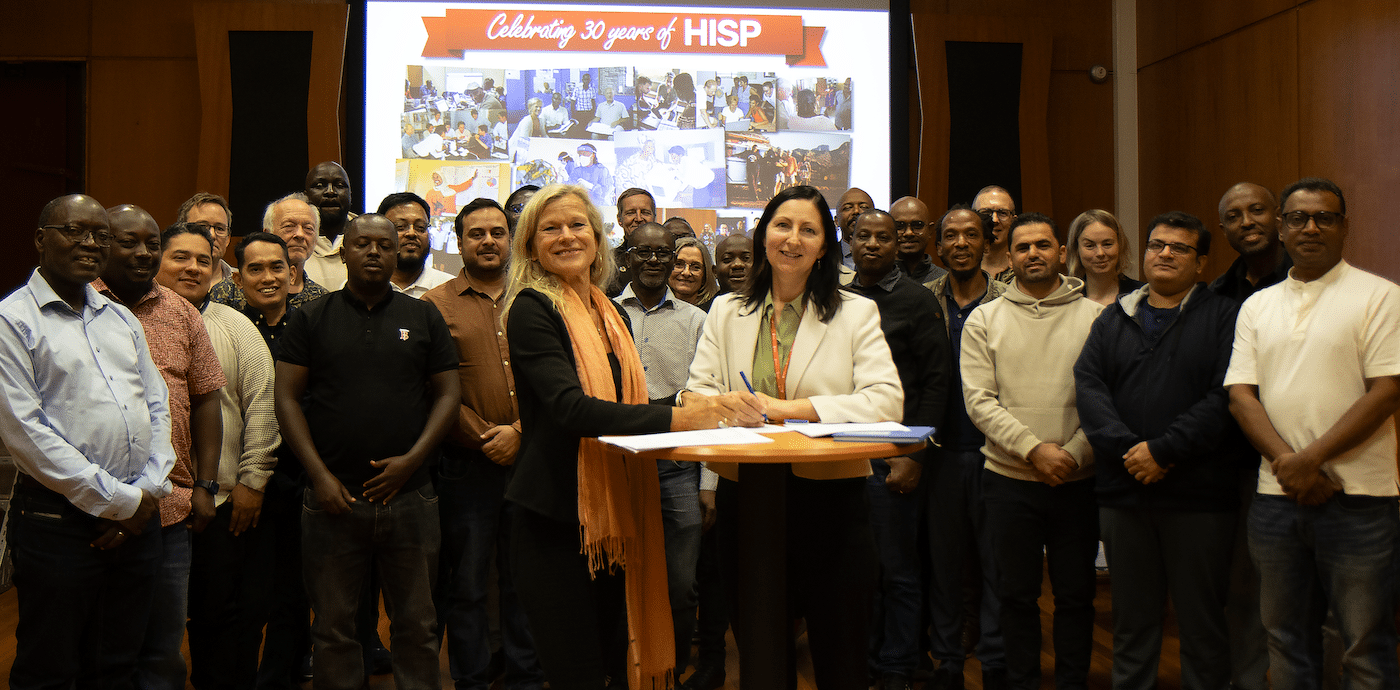DHIS2 News: Partnering with STELLA to improve supply chain systems in LMICs
HISP UiO has joined a public-private collaboration with the goal of developing a robust, end-user eLMIS that combines real-time information on drug availability with epidemiological data
In late 2020, the Health Information Systems Programme (HISP) at the University of Oslo joined forces with the University of Basel, the Swiss Tropical and Public Health Institute and Novartis through the STELLA Center of Excellence. STELLA stands for Strengthening Translational Ecosystems for Lifesaving Local Access, and is a collaborative, co-creative ecosystem of global partners in health, spanning industries, sectors, stakeholders, and fields of expertise. It aims to address health systems challenges in Low- and Middle-Income Countries (LMICs) by leveraging a critical mass of competencies and applying innovative solutions, while supporting local entrepreneurship and ownership.
Logistics and supply chain related to health programs are a priority area for the STELLA collaboration. As the STELLA website states:
“Supply chain inefficiencies are the primary cause for poor drug availability, especially in hard-to-reach areas of LMICs. A transparent, data-driven logistics management information system (LMIS) is the cornerstone for the development of a functioning supply chain in LMICs, particularly sub-Saharan Africa.”
To address this, HISP UiO is working together with the University of Basel and Novartis to develop an open-source, predictive LMIS that is optimized for the LMIC context and integrated with DHIS2 systems, and which couples real-time supply information at the point of care with case and epidemiological data. The goal of this project is to provide an open-source system with the potential to fully enable robust access to medicines when they are needed, where they are needed.
More than 20 countries in Africa and Asia have already incorporated DHIS2 into their national LMIS in some form, either as a standalone end-user component, or through integration with other software systems. Through our collaboration with STELLA, we hope to provide more robust tools for effective logistics and supply chain management to help countries achieve better health program outcomes. More information about DHIS2 eLMIS tools is available on the Logistics page.
Learn more about STELLA on their website: https://www.pupella.org/stella


